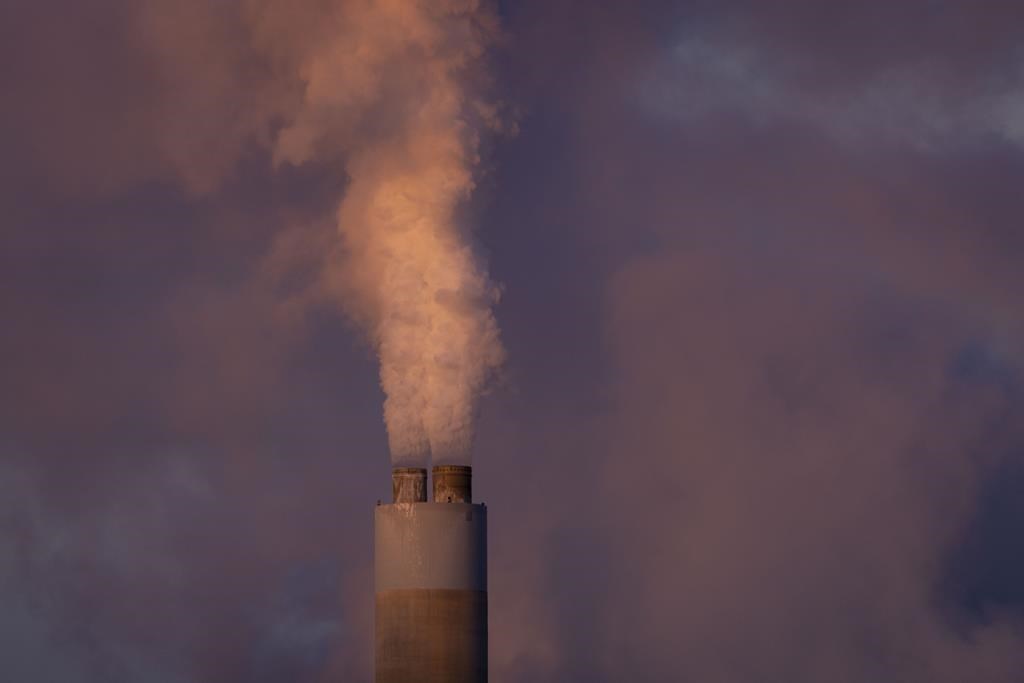Saskatchewan’s premier and the Opposition believe that the federal net-zero goals are unachievable in the province for 2035, but a National Farmers Union regional coordinator thinks we gave up too easily, and that the potential economic impacts could be unthinkable.

Michael Gertler is the National Farmers Union (NFU) region 6 coordinator as well as an associate professor of sociology at the University of Saskatchewan and said he was taken aback by the quick adoption of this position against the net-zero goal, noting this put Saskatchewan at odds with the federal position, but almost every other province as well.

Gertler said Saskatchewan was a big fossil fuel-producing province, and much of the decisions around fiscal and public policy have revolved around that industry.
He said many politicians are now aligning themselves with people who are climate change skeptics or deniers.
“We were perplexed, partly because the best world research scientists tell us that we’re on track as a planet to be increasing the temperature by 2.6 degrees centigrade by the end of the century, but here in Saskatchewan we are likely to see double that.”
The province aims to run coal power generation beyond 2030 until their end of life.
Gertler believes that the Prairies have several opportunities to decarbonize electricity, saying Saskatchewan has the best solar resource in the country, good wind resources and is in the position to “become a clean energy powerhouse exporting renewable energy to other markets.”
“Agriculture also will benefit from decarbonized electricity to run equipment in livestock barns, heat buildings, power water bowls, and run ventilation and aeration fans. Clean electricity also provides the foundation for electrification of field equipment.
“Although it may be another decade before electric field equipment is available, it is certainly coming.”

Gertler also gave an example of Iowa investing in wind energy in the early 2000s, saying it became a major exporter of that energy by 2021, getting to the point where they generated over $14 million yearly through taxes on that energy.
“Rather than roll up our sleeves to do our part, Premier Moe and the Saskatchewan NDP Opposition have called the net-zero 2035 target for SaskPower ‘impossible’ and ‘unrealistic,'” Gertler said.
Back on Aug. 11, Premier Scott Moe said the federal goal was unachievable.
“It’s unrealistic. Those are SaskPower’s words, not mine. Our power utility cannot actually achieve what the federal government sets us up to achieve and it certainly isn’t going to be affordable as it will double the power rates in the province,” Moe said.
In May, the Saskatchewan government set their own net-zero goals for 2050, 15 years after that of the goals of the federal government.
“The federal government seems to have a different timeline than what we have put forward in Saskatchewan,” Moe said. “It doesn’t impact how we generate power due to the wording of the constitution.”

Moe said that how a province generates its power is under the purview of provincial governments.
Saskatchewan NDP leader Carla Beck said back on Aug. 25 that she also felt the federal goal was currently unrealistic.
“I think inaction over the last 16 years of this government has put us in a very difficult position. We still generate over 80 per cent of power from nonrenewable sources in this province right now,” Beck said.
“You see a government that has honestly failed to invest in renewable power in the province. Would it have been possible if we’d started two decades ago or 15 years ago, possibly.”
She noted that emissions do need to be reduced.
“We certainly do need to reduce emissions. There is opportunity in existing technology and also in the future, in renewables, in mining for precious minerals, for electric car batteries. I think that there is opportunity there,” Beck said.
“I think there’s responsibility for us to reduce emissions. I think we all want the future for our kids to include clean air, clean water and the ability to generate good jobs.”




Comments